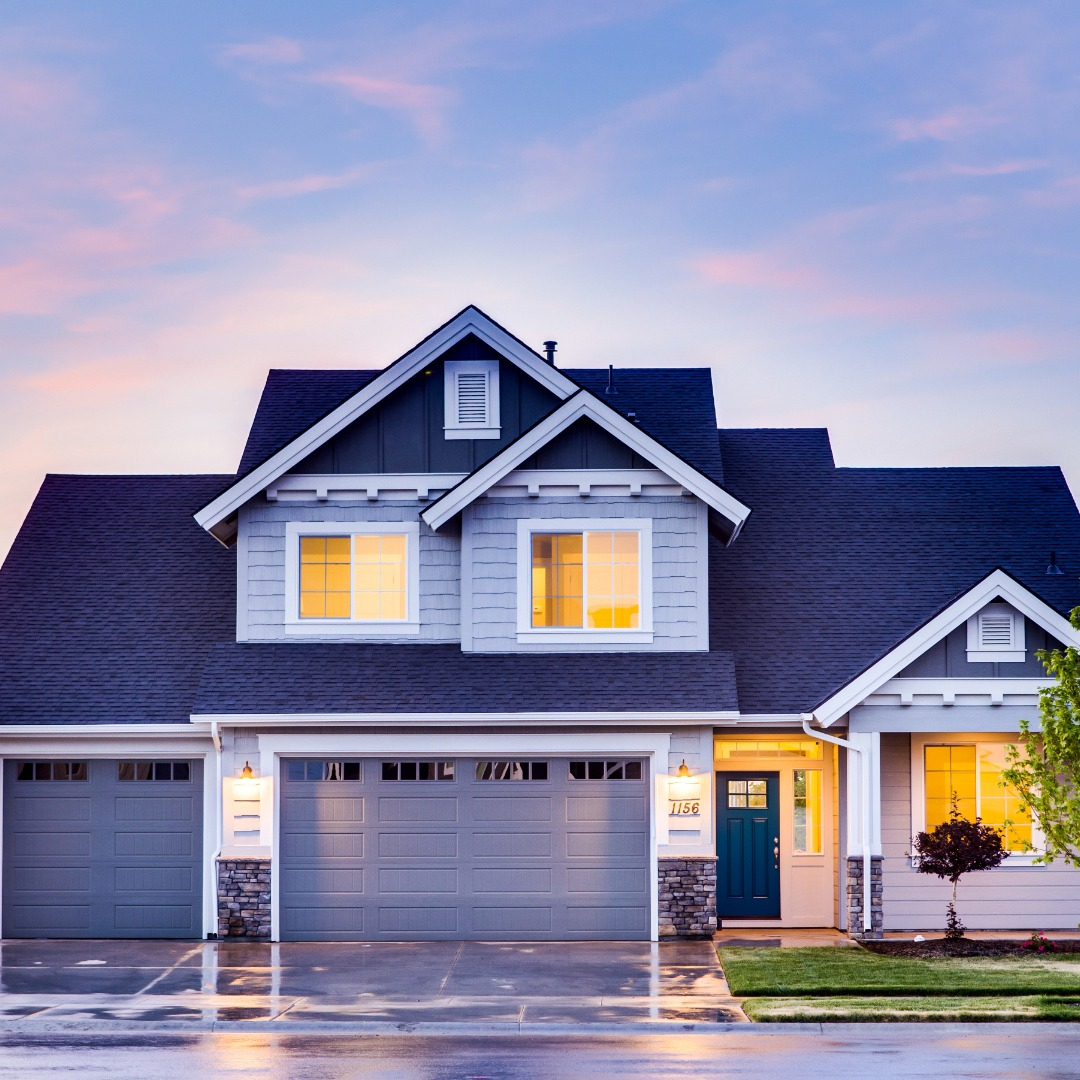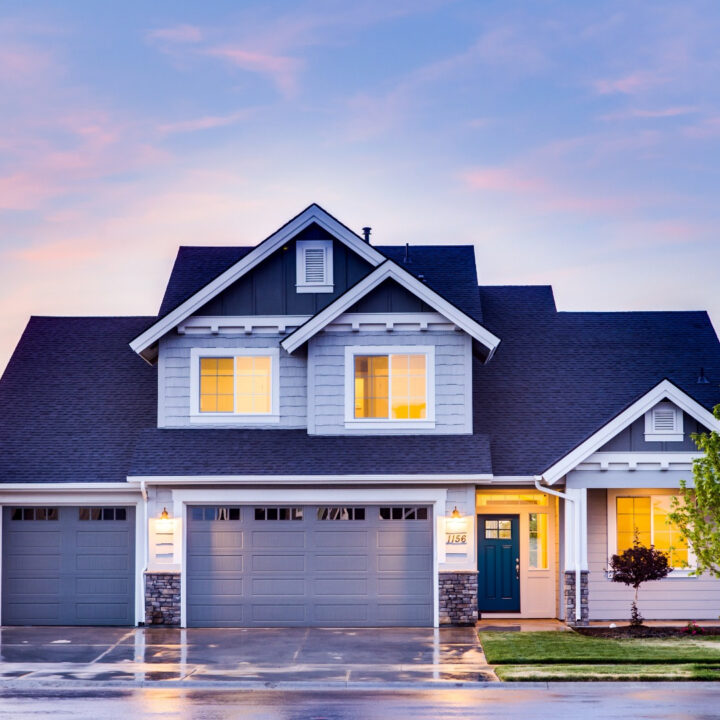Better Home Security: 6 Quick Tips

1) Keep Your Valuables Secure
The first step in maintaining a secure home is to cultivate smart safety habits. This is particularly important if your neighborhood has known problems with crime and vandalism. You can take simple steps to keep your property from being an attractive target for troublemakers.
Any vehicles you keep outside (that is, not in a garage) should always be securely locked. Make sure you don’t leave anything visible through the windows. Valuable equipment that has to stay in your vehicle (like work tools) should be secured in the trunk. If you have a truck, invest in a lockable storage cabinet for anything that stays in the bed.
If you have any easily-accessible outdoor furniture, you’ll want to secure it, especially if it’s valuable. Cables and locks do a good job of protecting porch and patio furniture. Invest in stainless steel for outdoor security cables; they’ll resist corrosion and stay strong longer.
2) Rely On Good Locks
In many cases, your door locks are the last line of defense against a burglar. Each exterior door on your home should be protected by the strongest possible locks. If any of your doors have old chain-type locks, change them out for deadbolts as soon as possible. For sliding glass doors, look into built-in mortise locks for the best protection.
When you move into a previously-owned home, get the exterior locks changed. There’s no way of knowing how many duplicate keys for the old locks might be floating around. If you rent your home, consult with your new landlord about a lock change. If you offer to handle the details (and foot the bill), you shouldn’t have any problems.
Good habits matter here, too! The best locks in the world are no defense if you forget to use them. Always lock all your exterior doors when you leave your home.
3) Light Your Home Up
Motion-detecting lights are a great way to illuminate anyone who approaches your home after dark. Even if you’re not at home, an automated light might just tip off your neighbors to unauthorized activity on your property.
If your home sits on a large piece of land, you may want to consider floodlights (also motion-controlled) to light up your property completely and deny the cover of darkness to interlopers.
4) Consider Security Cameras
Cameras mounted prominently on the exterior of your home can be powerful deterrents by themselves. Cameras encourage potential burglars to move on to easier targets.
Surveillance cameras are more affordable than ever, particularly in the form of smart doorbells. These handy tools allow you to monitor your front door with your mobile devices, no matter where you are. It is worth looking for driveway gates to add some additional security to your property.
If you’re concerned about the security of specific valuables, you can also install interior cameras in the most important locations. Home offices and garages are excellent rooms to place under surveillance.
5) Invest In A Good Alarm System
Modern alarms can guard your home with a wide variety of sensors, including both sound and motion detectors. As with smart doorbells, modern alarms can be monitored remotely and notify you of suspicious activity at any time.
Get the most out of your alarm by thoroughly familiarizing yourself with it. If your system sets off a loud noise when triggered, make sure you (and your family members) recognize it.
When you’re setting up an alarm system, check with your vendor about your legal responsibilities. You may be obliged to get permits for an alarm installation. You’ll also want to know how the system notifies authorities — does it connect directly to the local police, or does it go through an intermediary monitoring service?
6) Stay Safe Online
How you behave online can have a positive or negative impact on the safety of your home. Protect your sensitive data by practicing smart internet habits. If at all possible, avoid signing into important websites (like bank accounts) on public wi-fi networks. Use strong passwords and two-factor authentication for particularly important accounts.
Finally, be careful about sharing your travel schedule on social media. This is especially important for vacations and other extended trips away from home. You don’t want to broadcast that information to any potential burglar with a Facebook account!
Anil Baswal provides Content writing and SEO services. As an SEO expert, He is familiar with one of the most important things for this field. His educational background in the technical field and business studies helps him in tackling topics ranging from career and business productivity to web development and digital marketing.





